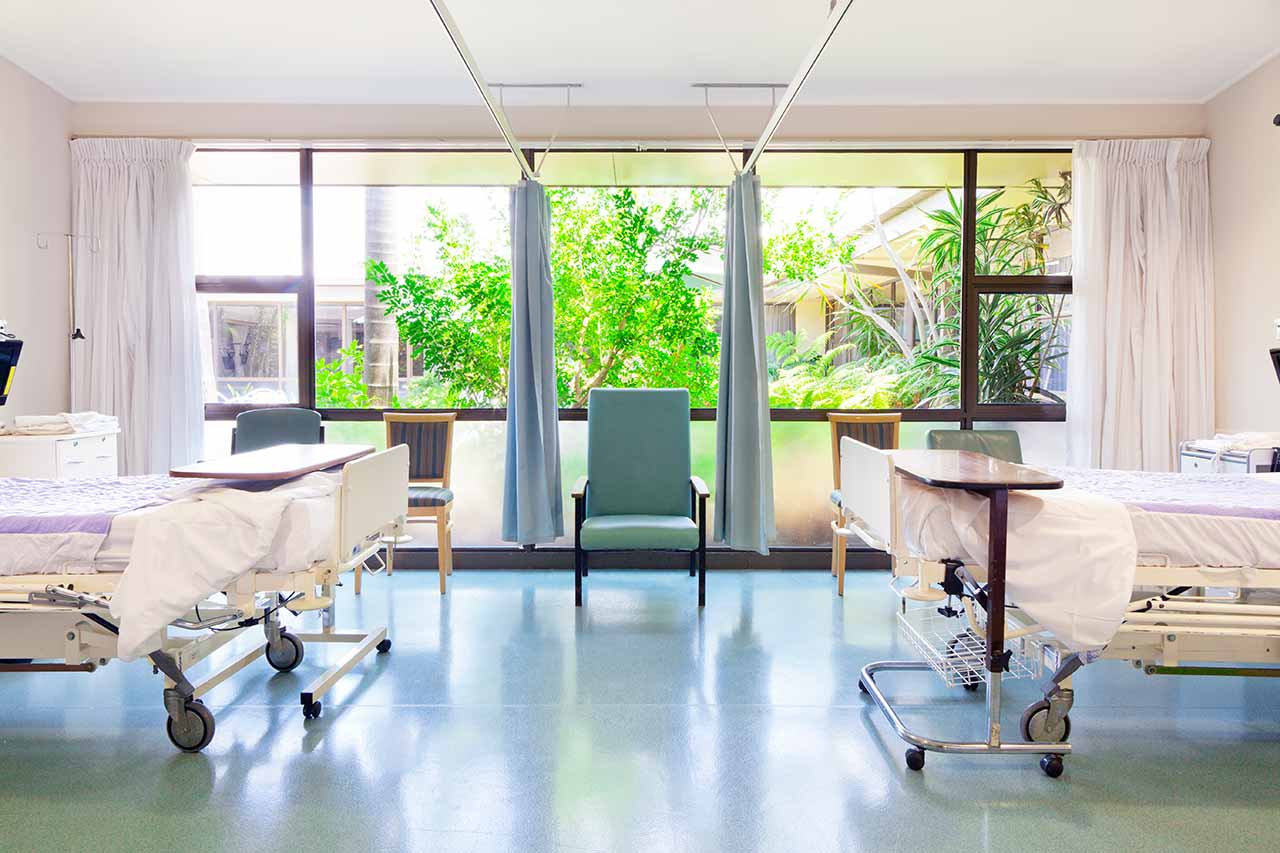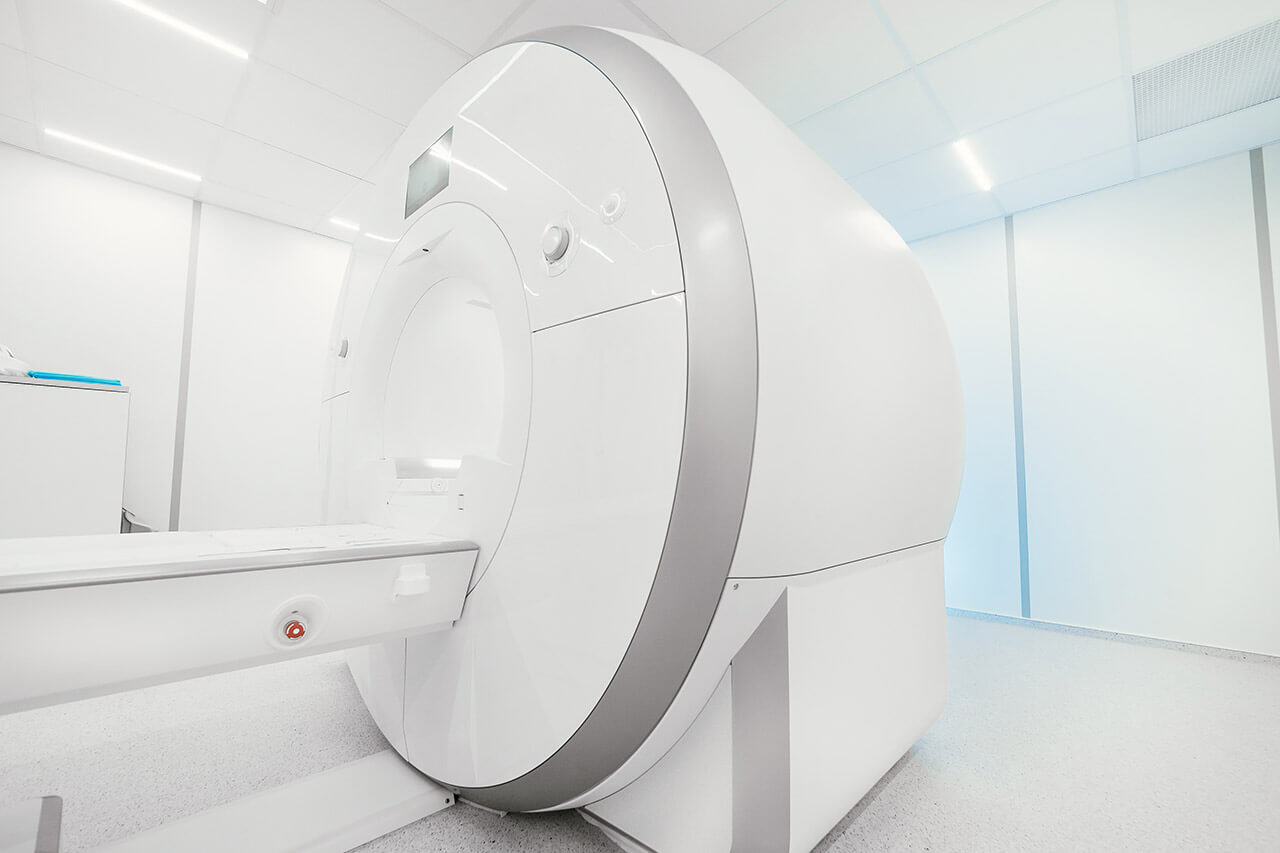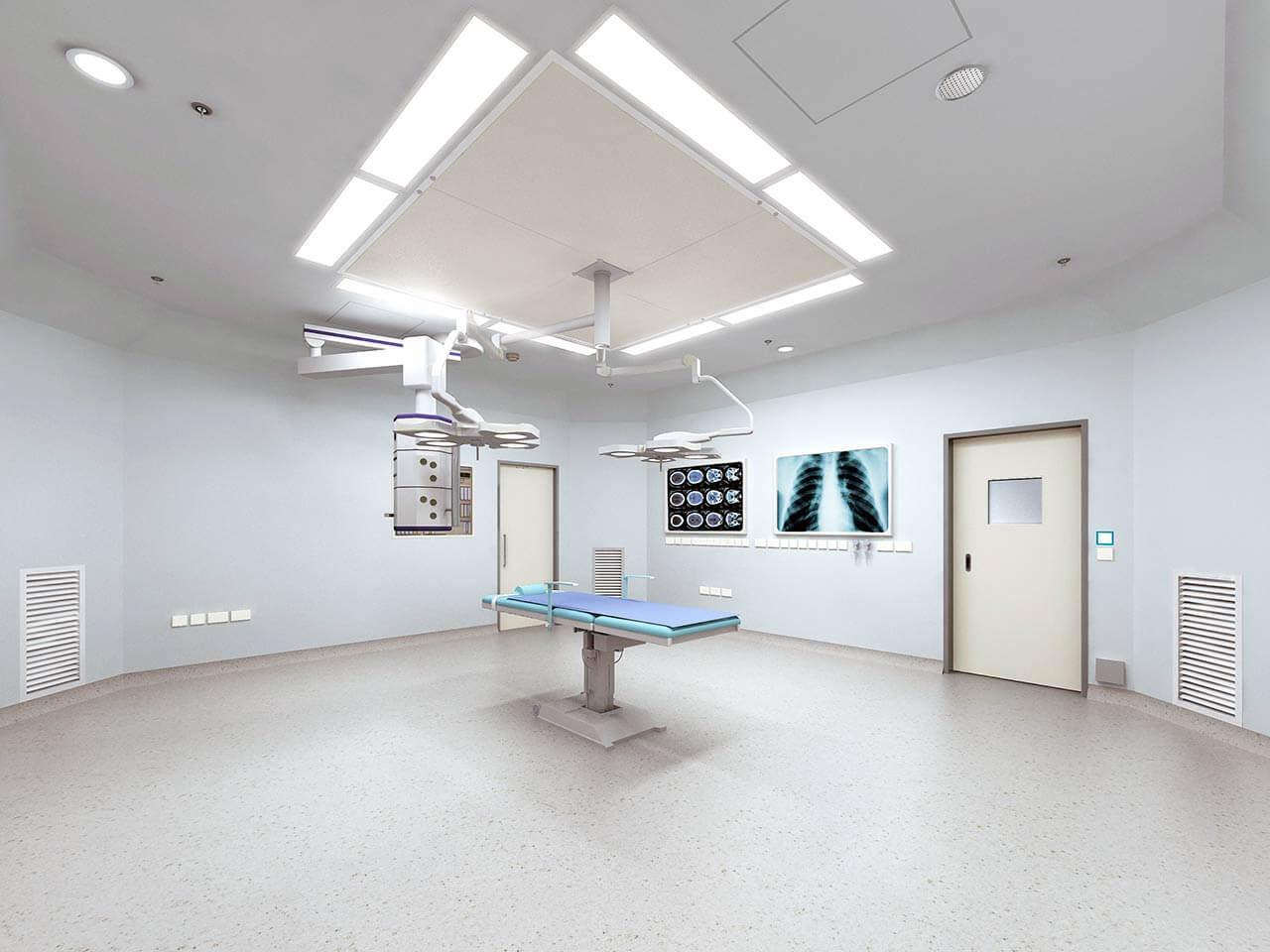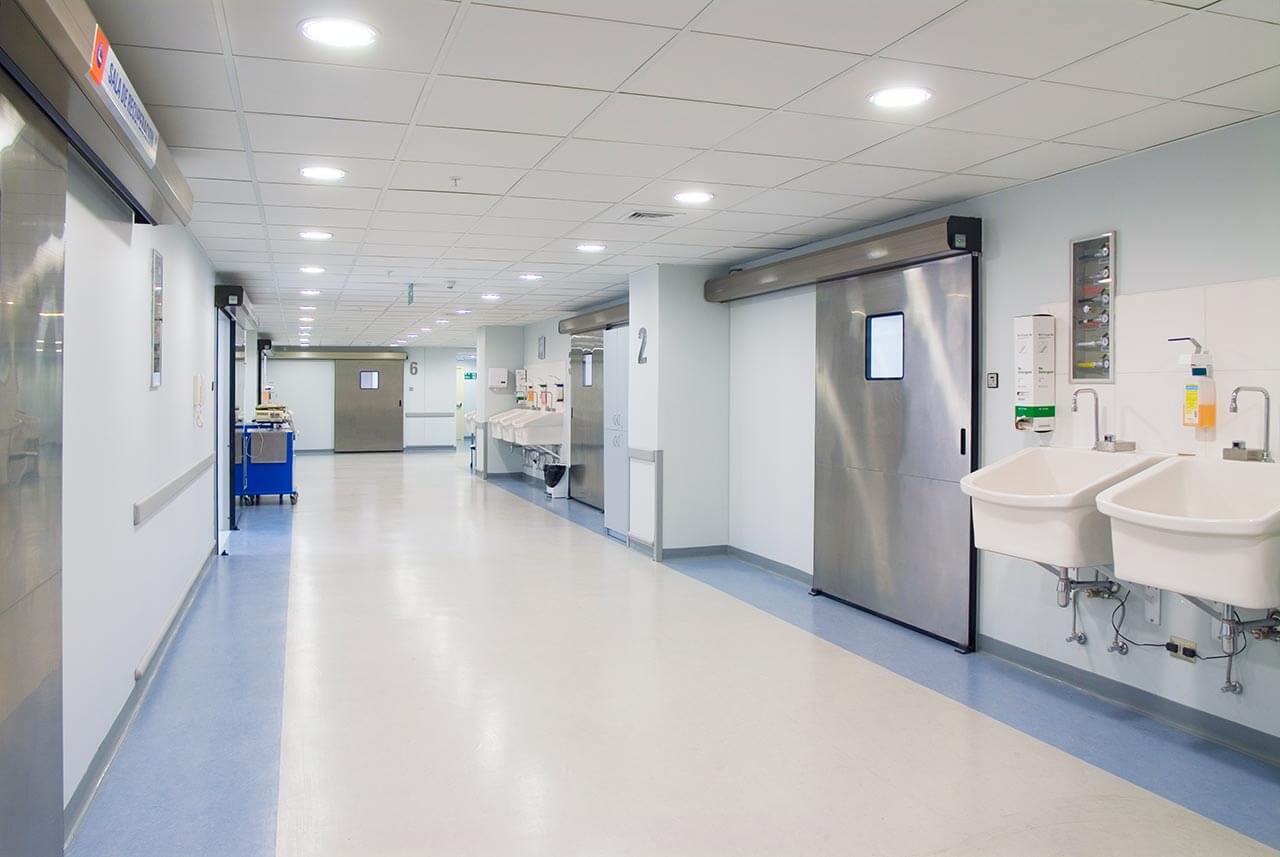
About the Department of Gastroenterology and Hepatology at Eichsfeld Hospital Heilbad Heiligenstadt
The Department of Gastroenterology and Hepatology at the Eichsfeld Hospital Heilbad Heiligenstadt provides the full range of preventive, diagnostic and therapeutic services in the areas of its specialization. The team of doctors of the medical facility admits patients with various gastrointestinal diseases: stomach, esophageal, small and large intestine pathologies. The department also admits patients with liver and biliary tract diseases. Upon admission to the department, a patient with suspected gastrointestinal pathology undergoes comprehensive diagnostics, including laboratory tests, ultrasound and X-ray scans, as well as assessment of the digestive functions. With appropriate clinical indications, doctors also conduct endoscopic diagnostic procedures. First of all, the specialists always consider pharmacotherapy. If, according to the results of the preliminary diagnostics, doctors come to the conclusion that the patient needs more radical measures, an endoscopic intervention becomes the best option. The department's doctors give preference to an individual approach to each patient. During the therapeutic process, they strictly observe current clinical protocols. The Head Physician of the department is Dr. med. Bernhard Sänger.
Bowel diseases are most common in the clinical practice of doctors of the medical facility. The specialists offer advanced treatment methods for patients with inflammatory bowel disease (Crohn's disease and ulcerative colitis), irritable bowel syndrome, bowel polyposis, acute intestinal infections, etc. Such complaints as abdominal pain, flatulence, diarrhea or constipation, nausea or vomiting may indicate that the patient has bowel problems. In this case, the patient requires comprehensive diagnostics with laboratory tests (complete blood count and biochemical test, urinalysis and stool test) and colonoscopy, including capsule or virtual (depending on the particular clinical case). Colonoscopy allows the doctor to assess the condition of the mucous membrane and lining of the intestine. During the procedure, the specialist inserts a thin flexible endoscope with a built-in video camera into the intestine, which transmits images of the inner walls of the intestine to a large screen at multiple zooming. Thus, the doctor can detect neoplasms, inflammatory processes and other pathological changes in the intestine. If required, resection of polyps and even malignant bowel tumors at the early stages is immediately performed. Diagnostic colonoscopy takes no more than 30 minutes. If additional therapeutic manipulations are carried out, then the procedure will take a little longer. For maximum patient comfort, colonoscopy can be performed under general anesthesia.
Of particular interest to the team of the department's gastroenterologists is the diagnostics and treatment of stomach diseases: gastritis, peptic ulcer, stomach polyps, infectious diseases, gastrointestinal bleeding, etc. The diagnostic protocol for the above mentioned diseases includes the full range of laboratory tests (complete blood count and biochemical test, urinalysis and stool test), ultrasound and X-ray scanning, as well as endoscopic diagnostics (gastroscopy) in appropriate clinical indications. Gastroscopy is performed using a special instrument (gastroscope), which is inserted into the stomach cavity. The insertion of the gastroscope is painless, however, due to the appearance of the gag reflex, it can cause some discomfort. The duration of the procedure is 3-5 minutes, but if the patient requires a biopsy or an additional medical manipulation, gastroscopy takes longer.
The department also admits patients with liver and biliary tract pathologies. The focus is on the treatment of viral hepatitis, cirrhosis and gallstone disease. At the stage of diagnostics, the patient first of all undergoes laboratory tests and ultrasound scanning. If the data obtained is not sufficient to make an accurate diagnosis, the attending physician prescribes additional tests. The treatment is usually based on drug therapy. The optimal drug therapy regimen is developed exclusively on an individual basis.
The department's range of medical services includes:
- Diagnostics and treatment of gastric, esophageal and duodenal diseases
- Gastritis
- Peptic ulcer
- Gastric polyps
- Gastroesophageal reflux disease
- Esophageal diverticulum
- Barrett's esophagus
- Diagnostics and treatment of bowel diseases
- Bowel polyps
- Diverticular disease
- Inflammatory bowel disease: ulcerative colitis and Crohn's disease
- Gut dysbacteriosis
- Coeliac disease
- Ischemic colitis
- Irritable bowel syndrome
- Acute intestinal infections
- Diagnostics and treatment of liver and biliary tract diseases
- Chronic viral hepatitis
- Cirrhosis
- Gallstones
- Other diseases
The department's diagnostic and therapeutic options include:
- Diagnostic services
- Laboratory tests: complete blood count, biochemical test, urinalysis, coprogram, Helicobacter pylori test, etc.
- Instrumental examinations: ultrasound, endosonography, radiography, etc.
- Endoscopic examinations: gastroscopy, colonoscopy, rectoscopy, rectosigmoidoscopy, etc.
- Therapeutic services
- Pharmacotherapy
- Endoscopic procedures
- Therapeutic colonoscopy (for example, to remove polyps, malignancies at the early stages)
- Therapeutic gastroscopy (for example, to remove polyps, to stop gastrointestinal bleeding)
- Percutaneous transhepatic biliary drainage
- Other diagnostic and therapeutic options
Photo of the doctor: (c) Eichsfeld Klinikum





